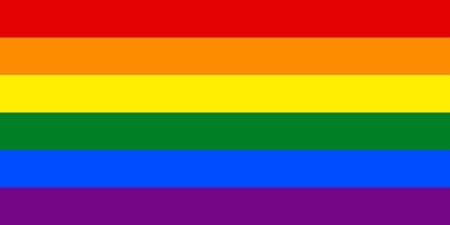Growing up, there was a noticeable lack of queer representation in the media. Often, a queer character would be entirely absent, or where one was present, they would be the butt of the joke, or reduced to a stereotype. Even today, it’s rare for me to see a queer character in the media with whom I identify. Too often, the media will default to defining a queer character by their sexuality or gender identity in a way that straight or cisgendered characters aren’t.
However, things are getting better. While there’s a notable shortage of queer characters, they’re becoming more common in all forms of the media, and whilst many people still take the easy route of ‘gay guys love Lady Gaga and drag, right?’ more and more creators are making an effort to portray the community in a deeper, more nuanced, and more respectful light.
However, queer representation in mobile gaming still lags far behind other platforms.
Mobile is the largest market in the gaming world, and much of that success comes from its accessibility. Mobile devices are cheaper than PCs or consoles, and the variety of monetisation options available means that any player can find their next gaming obsession.That means we have to take global factors into account.
The queer community still faces widespread discrimination, ranging from interpersonal homophobia to death sentences, and it’s telling that some of the largest mobile-first markets are those where the queer community faces significant issues – or else receive less protection from them.
Risky Business
Ultimately, business is about revenue. Whilst more and more companies are putting their money where their mouths are, many still face significant pushback from consumers for their efforts. The Last of Us Part II, for example, faced heavy criticism, in part due to the inclusion of a prominent trans character and a lesbian in the leading role.
How does this apply to mobile gaming? Well, developers hoping to court the business of consumers in any market have to kowtow to local restrictions and sensibilities. Creating a queer-focused mobile game effectively locks away a lot of prospective business, both due to regulations and simply personal tastes. After all, there’s a reason “queer” has become a genre in itself – to help consumers differentiate between traditional media and that featuring LGBTQ+ characters or storylines.
The media has a big part to play in how we perceive the world, and even how we see others. As such, it’s undeniably important that we see more and more developers make risky decisions and improve the diversity they portray, as doing so will only make it easier for future developers to tell authentic stories with varied characters.





















